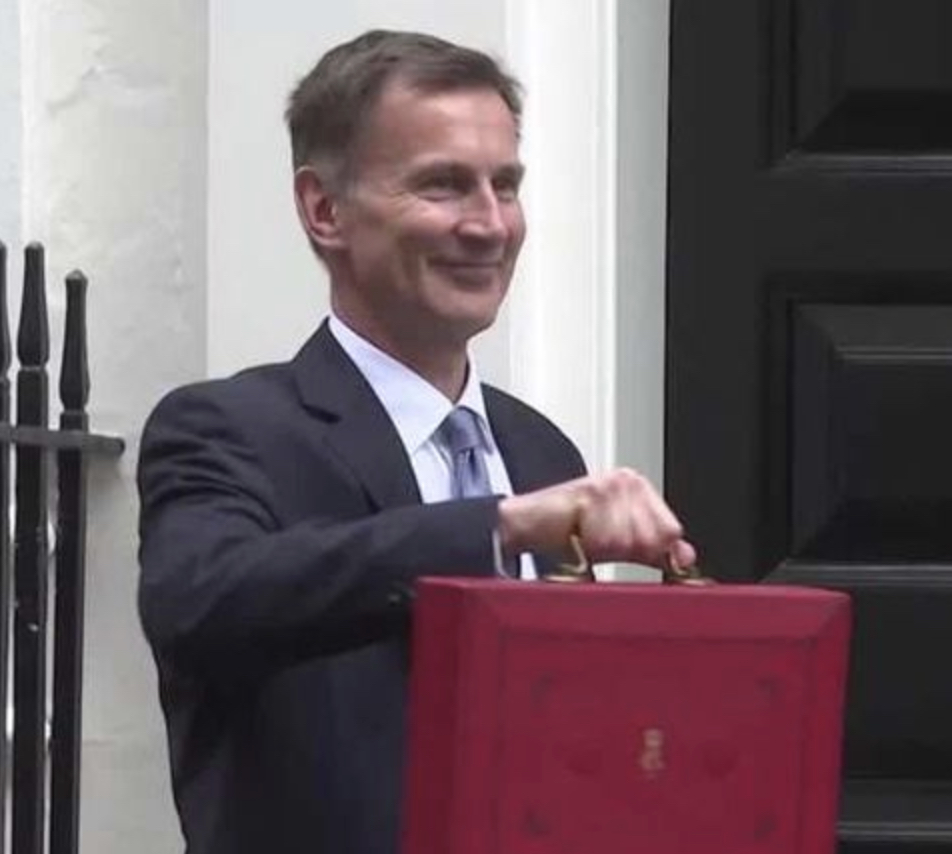The Chancellor Jeremy Hunt has just finished delivering what could be his pre-election Budget and the headline rumours of the past few days of cuts to national insurance are now confirmed. But he didn't stop there, with a few giveaways in other areas too.
All of our calculators across our website and apps are now fully updated for the 2024-2025 tax year, and you can also get a quick estimate for the NIC changes announced today using the quick national insurance cuts calculator.
Below is a summary of the key points made today:
- The Chancellor confirmed the 2p cut to Employee National Insurance from April 2024. It means the main rate of Class 1 National Insurance falls from 10% to 8%. At the same time the Self employed NIC main rate of Class 4 National Insurance will drop from 8% to 6%. The self employed will also benefit from the removal of Class 2 weekly NIC contributions.
- The High Income Child Benefit Charge is to be abolished from April 2026. High income households have to pay back child benefit if one partner earns in the higher rate threshold, and the charge is taper between £50k and £60k. Two year's is a long time so for today's Budget the HICBC threshold will be raised to £60k and tapers to £80k.
- Capital gains tax higher rate for property of 28% to be reduced to 24% from April 2024.
- The latest OBR Forecast shows inflation down from 11% to 4% and set to fall below 2% in a few months.
- The average household received £3,400 in cost of living support over the last two years.
- One million households on Universal Credit with Budgeting Advance Loans will have their repayment period increased to 24 months to help bring down payments.
- The £90 charge to start a debt relief order is to be abolished.
- The alcohol duty freeze, which is currently preventing a 3% rise, will be extended from August 2024 to February 2025. It will Benefit 38,000 pubs.
- The Household Support Fund is to be extended for another six months, helping councils fund food banks, food vouchers and warm spaces.
- the fuel duty freeze, which is currently preventing a 13% rise since it was brought in, is to be extended for another twelve months. It will save the average driver around £50 a year.
- The Budget deficit was reduced by 80% between 2010 and 2019.
- UK Debt will fall to 94 percent of GDP by 2028-29.
- The latest OBR forecast expects the economy to grow by 0.8% by the end of the year and 1.9% next year - a big difference from the previous projection of 1.4% fall in GDP and recession this year.
- Full expensing, allowing 100% tax relief on qualifying business assets in the first year, is to apply to leased assets when possible in the future based on how affordable it is to the Treasury.
- There will be an increase to VAT registration threshold from £85,000 to £90,000 from April 1st. Many are dismayed by the small increase seeing as it was frozen for many years instead of rising with the high inflation the UK has seen.
- A new British ISA with an additional £5,000 annual tax-free allowance on savings made into it is hoped to bring more investment to UK businesses.
- As part of the government's plans to make the UK Next the next Silicon Valley, the Chancellor is bringing reforms to make it easier for pension funds to invest in UK businesses.
- The NHS will be provided with additional funding of £6 billion focused on IT systems improvements to forge a rapid digital transformation and raise productivity by 1.9% annually.
- A 5% increase in public sector productivity is equivalent to £20 billion of extra funding according to OBR.
- Vaping duty to be introduced from October 2026 with Tobacco duty to be increased at the same time to discourage smoking.
- Furnished holiday lettings rules abolished.
- Air passenger duty to be increased.
- Non-dom status abolished from April 2025 and applies to those who pay no tax on foreign income but are resident in the UK. It will be replaced with no tax due for the 1st four years but after which non-doms will be subject to full UK taxes.


